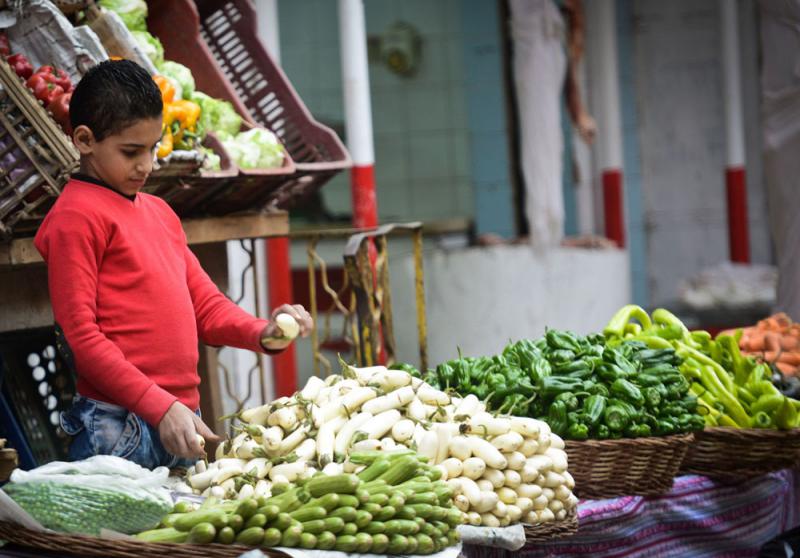A recent incident in Cairo has brought Egypt’s child labor issue back into public focus. Two young girls were reportedly working for a couple in an upscale neighborhood, a deal arranged by their mother in exchange for money. The case renewed interest in how children are protected under Egyptian law.
It’s a chance to look at what the law in Egypt actually says, how those rules are enforced, and what people can do to protect children in real, everyday ways.
Children Under 14 Can’t Work in Egypt—With One Exception
Egypt’s Labor Law No. 12 of 2003 sets the foundation for child labor protections. According to the law, no child under 14 years old can be legally employed.
There’s one exception: with permission from the local governor and the Minister of Education, children as young as 12 can work in seasonal jobs, as long as the work doesn’t harm their health or interfere with school.
After 14, the law continues to treat minors as a protected group until they turn 18. Anyone between those ages must be given a worker ID card issued through the Ministry of Manpower.
Plus, the employer is responsible for submitting the child’s photo and securing official approval.
The law also bans children from doing jobs considered dangerous to their physical safety, mental well-being, or moral development. This includes work such as hazardous tasks or those involving exploitation.
Children Can Work Only 6 Hours a Day With Mandatory Breaks
Even when children are legally allowed to work, strict conditions apply. They cannot work more than six hours a day, and those hours must include at least one break for food or rest. This means no shift can go longer than four continuous hours without a pause.
On top of that, working children are not allowed to:
- Do overtime
- Work during weekends or national holidays
- Be on the job between 7 PM and 7 AM
Employers Must Provide Medical Checks, Insurance, and Time for School
If an employer chooses to hire a minor, they’re legally required to:
- Provide medical exams before hiring, and then once a year
- Offer health insurance and protection against job-related injuries
- Respect the child’s right to education, free time, and emotional development
There’s even a law about annual leave: working children must receive seven more days off than adult workers. Plus, employers cannot delay or cancel that leave under any circumstances.
Informal Work and Family Arrangements Often Bypass Legal Protections


These protections are strong and clear on paper, but reality tells a different story. Many children, especially in rural areas or lower-income neighborhoods, work informally, often inside homes or family businesses.
These jobs fly under the radar, making it hard for authorities to track or enforce labor rules.
You Can Report Child Labor Cases and Support Local Nonprofits
The good news is that you can help. For starters, never hire a child, even for a simple task. It normalizes something that puts kids at risk.
On another note, if you see a child working in unsafe conditions—or being treated unfairly—you can report it to the local Manpower Office. Complaints can be made anonymously and may help trigger an investigation.
You can also support nonprofits like Save the Children Egypt, which work to keep kids in school, offer family support, and educate communities about child rights.
Public Awareness Helps Enforce Child Labor Laws
The recent incident in Cairo brought renewed attention to an important issue: child labor remains a reality for many children in Egypt.
While existing laws are designed to protect children, raising awareness and encouraging informed discussion can help ensure these protections are effectively upheld.
WE ALSO SAID: Don’t Miss…Protecting Students: How Schools Can Prevent Sexual Harassment



